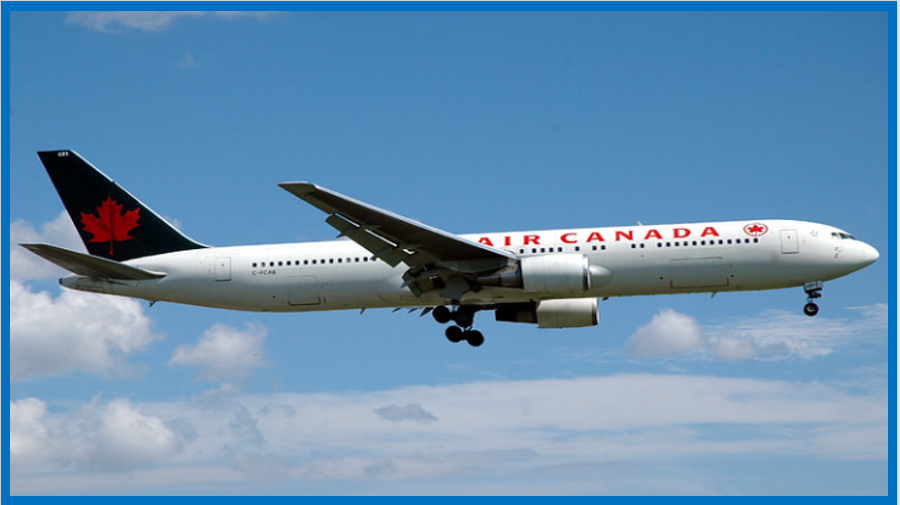August 16, 2025
In a decisive move to restore order during peak summer travel, the Canadian government has ordered Air Canada and its striking flight attendants back to work and into binding arbitration. The intervention comes after a sudden work stoppage stranded more than 130,000 travelers daily and disrupted hundreds of flights nationwide.
🔹 Background: A Contract Impasse Turns Into a Strike
The strike began in the early hours of Saturday, August 16, when over 10,000 flight attendants represented by the Canadian Union of Public Employees (CUPE) walked off the job following months of stalled contract negotiations. Air Canada responded by locking out its agents and suspending all flights operated by Air Canada and Air Canada Rouge, while third-party carriers like Jazz and PAL continued unaffected.
At the heart of the dispute were demands for fair compensation, particularly for unpaid work performed on the ground—such as boarding assistance and layover duties. Flight attendants are currently paid only when the aircraft is in motion.
🔹 Government Action: Binding Arbitration Ordered
Jobs Minister Patty Hajdu invoked Section 107 of the Canada Labour Code to direct the Canada Industrial Relations Board (CIRB) to impose binding arbitration and order both parties to resume operations immediately.
“This is not a decision I’ve taken lightly,” Hajdu said. “But the potential for immediate negative impact on Canadians and our economy is simply too great”.
The minister emphasized that while the government prefers negotiated settlements, the impasse had reached a point where arbitration was the only viable path to avoid further economic disruption.
🔹 Reactions: Relief, Resistance, and Rising Tensions
✈️ Air Canada
The airline welcomed the government’s decision, having previously requested arbitration to resolve the dispute. It warned that full service restoration could take up to 10 days due to operational complexities.
✊ CUPE and Flight Attendants
The union condemned the intervention, accusing the government of undermining workers’ rights and favoring corporate interests.
“The Liberal government is rewarding Air Canada’s refusal to negotiate fairly by giving them exactly what they wanted,” CUPE said in a statement.
Picket lines remained active across major airports, with chants of “Patty Hajdu, shame on you” echoing through terminals in Toronto and Vancouver.
🔹 Economic and Social Impact
The strike’s timing—during the height of summer travel—amplified its effects:
- Travel Disruption: Over 600 flights were canceled, stranding families, business travelers, and international tourists
- Economic Fallout: Canadian businesses, already strained by trade tensions with the U.S., urged swift resolution to avoid further losses
- Healthcare and Cargo: Critical shipments, including pharmaceuticals and organ tissue, were delayed, raising public health concerns
🔹 What’s Next?
The CIRB is expected to issue formal arbitration orders within days. In the meantime, flight attendants remain off duty, and passengers are advised to monitor Air Canada’s rebooking options or seek alternative carriers.
The arbitration process will address unresolved issues, including wage increases, ground pay, and working conditions. Air Canada’s latest offer included a 38% increase in total compensation over four years, which the union deemed insufficient amid rising inflation.
Air Canada Picture by Caribb



